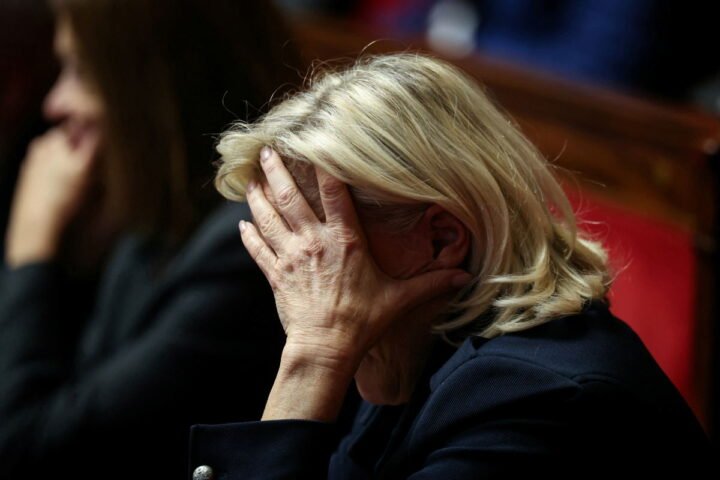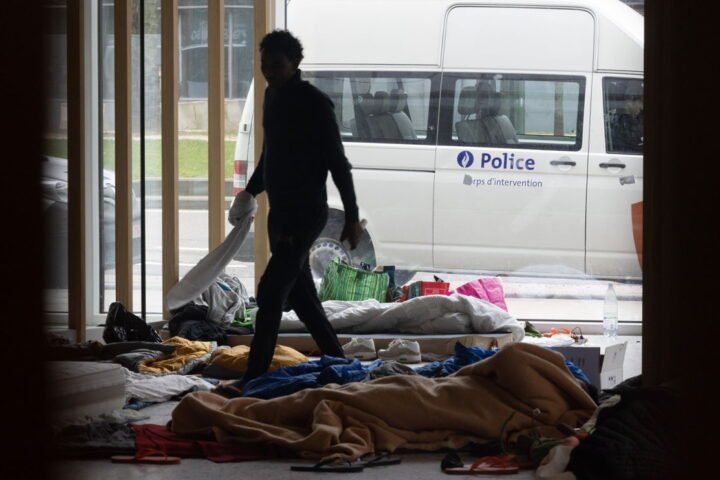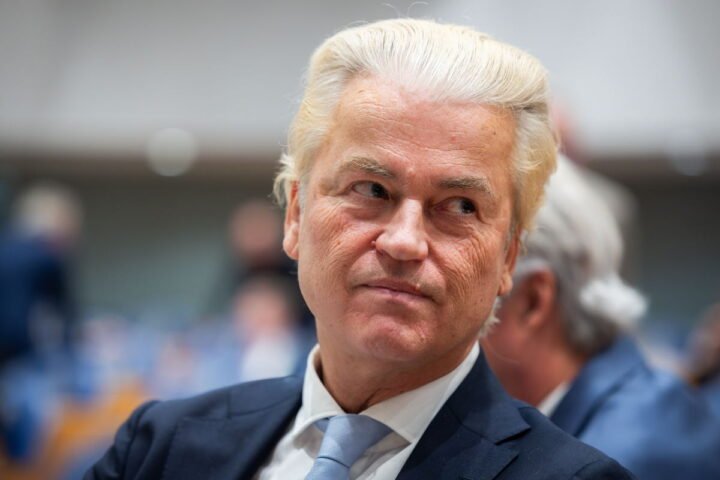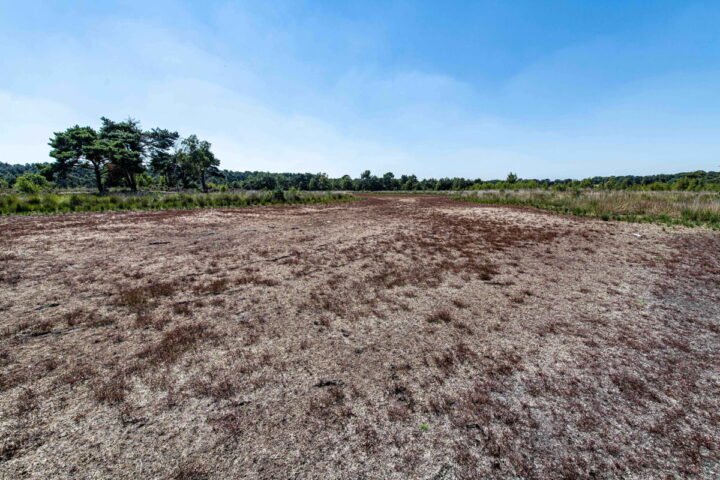Recent Political Turmoil in Europe Raises Questions About Stability
A surge of political unrest has swept through Europe, prompting urgent discussions on stability amid escalating tensions. Demonstrations have erupted in multiple countries, highlighting discontent over government responses to economic challenges and social issues, reports 24brussels.
The protests range from labor strikes in France to large-scale marches in Germany, with participants expressing frustration over rising living costs and inadequate governmental action. In the past week alone, thousands have taken to the streets, demanding immediate reforms and accountability from their leaders.
In France, unions mobilized more than 100,000 individuals in Paris, accentuating the nation’s ongoing struggle with inflation rates surpassing 5%. Similar scenes unfolded in Germany, where demonstrators gathered outside the parliament to challenge proposed budget cuts that threaten essential public services. Authorities have reported isolated incidents of violence amidst the otherwise peaceful protests, leading to increased police presence in major cities.
As political leaders navigate these turbulent times, their responses will likely have long-lasting ramifications. Critics argue that failure to address the root causes of public dissatisfaction could fuel further unrest, jeopardizing the political landscape across Europe. Economic analysts warn that instability might hinder the recovery efforts following the pandemic, complicating the European Union’s broader fiscal strategies.
In light of these developments, government officials have begun issuing statements, urging for dialogue and cooperation. “We must listen to the voices of our citizens and strive for a prosperous future together,” stated the German Chancellor during a recent press conference. Meanwhile, the French Prime Minister emphasized the need for a comprehensive approach to alleviate public distress without sacrificing budgetary integrity.
The unfolding situation underscores the delicate balance European governments must maintain as they address urgent socio-economic challenges while preserving public trust. As protests intensify, the coming weeks will be critical in shaping both national policies and the overall political climate in the region.










